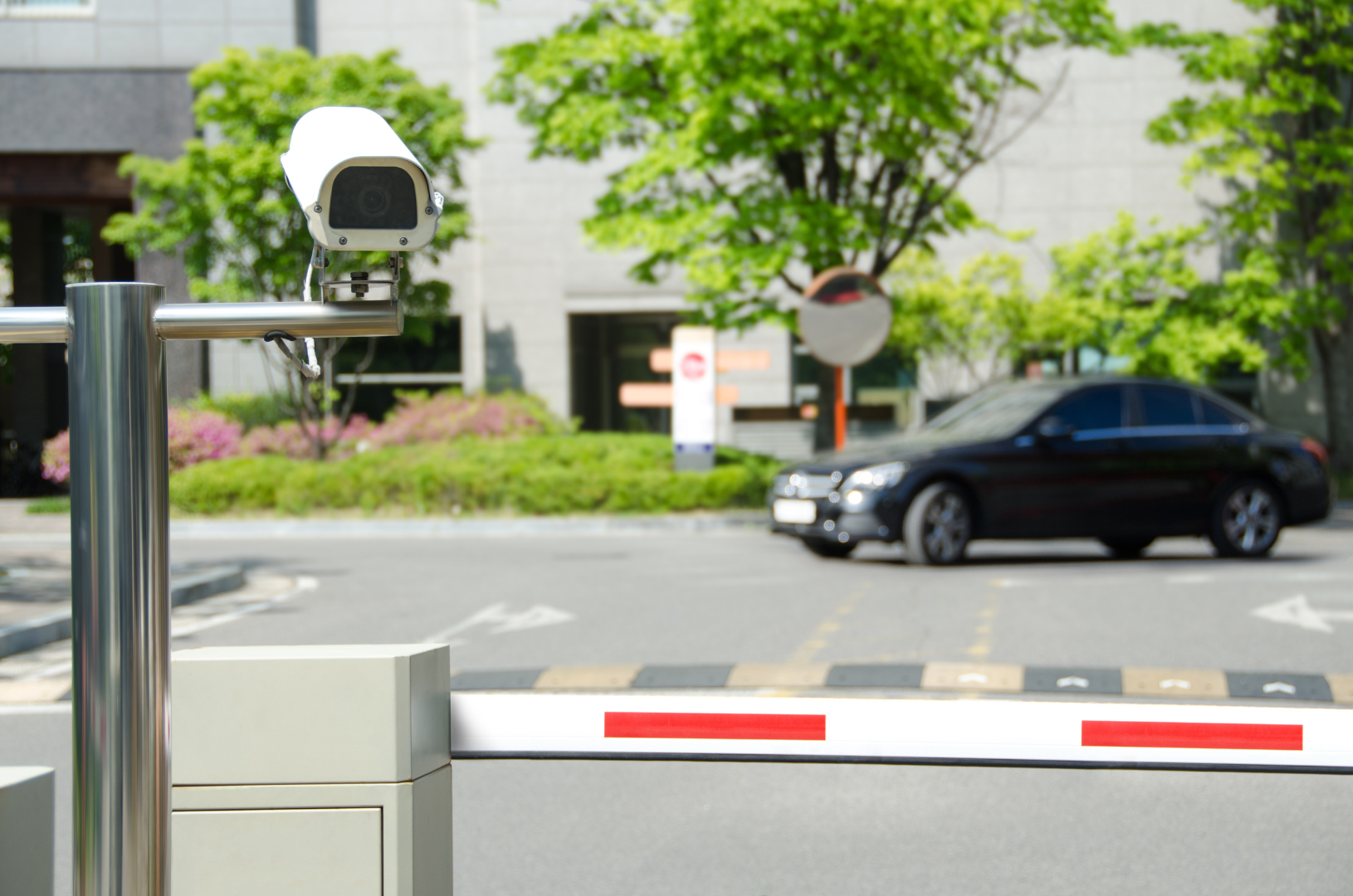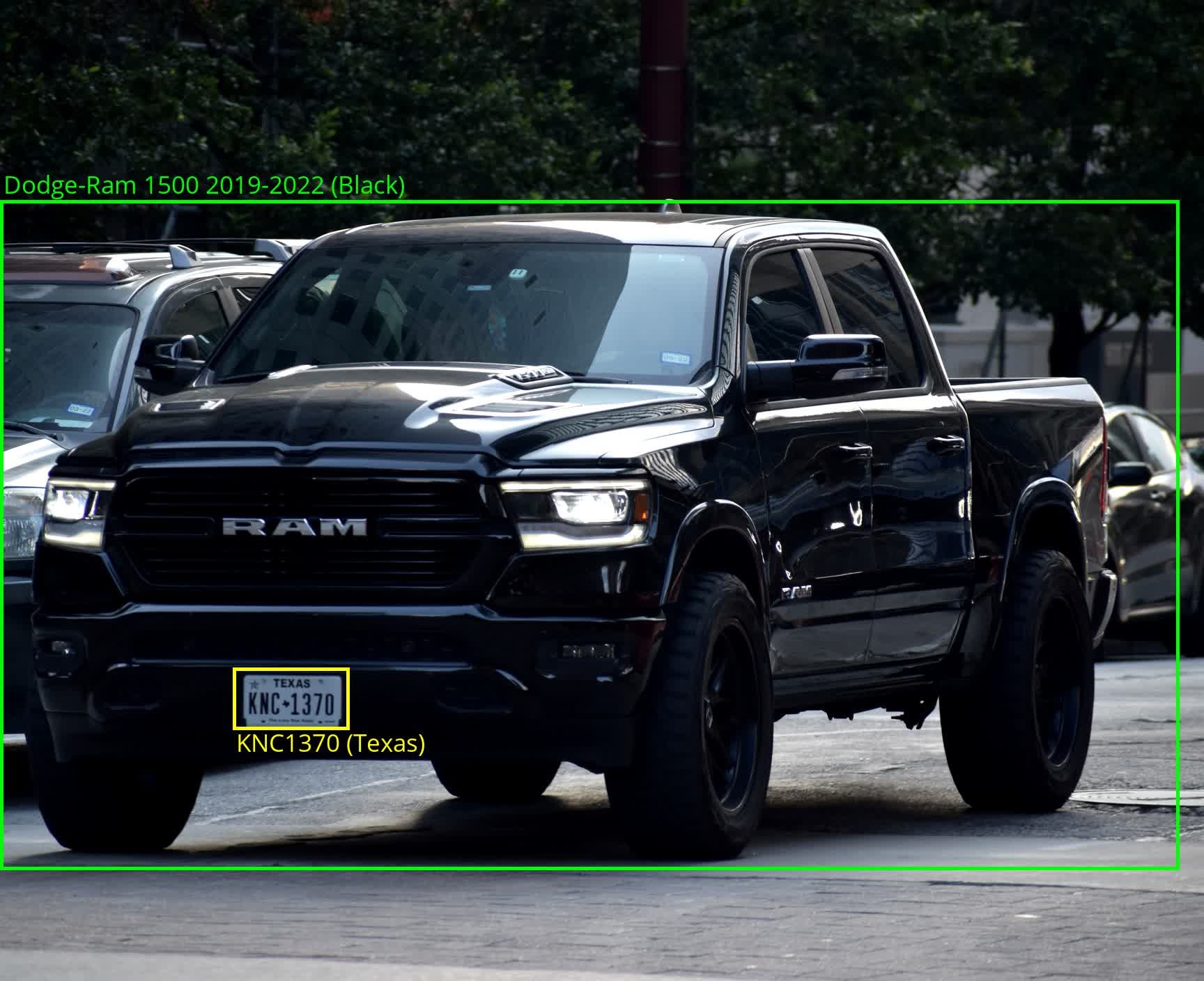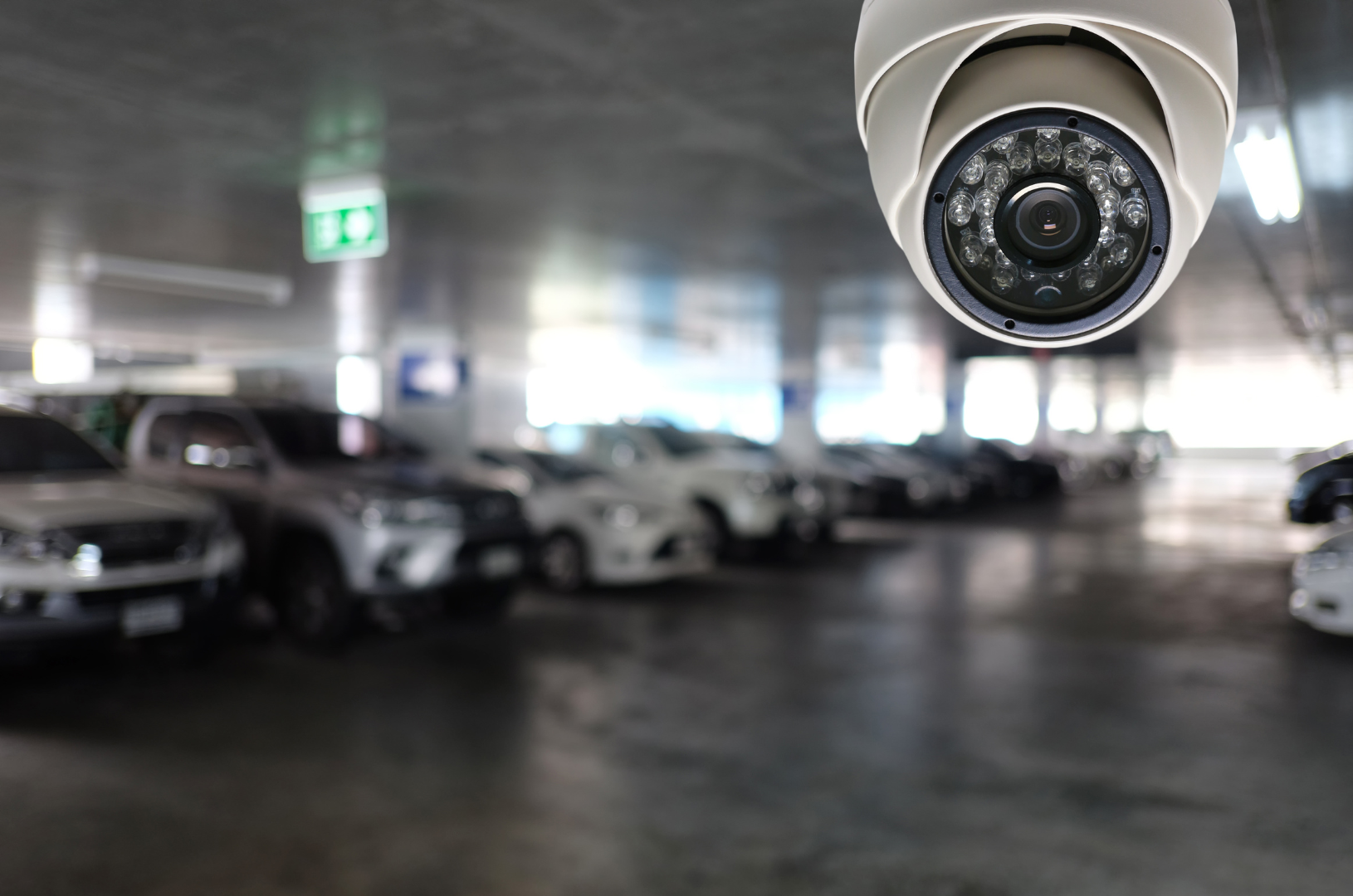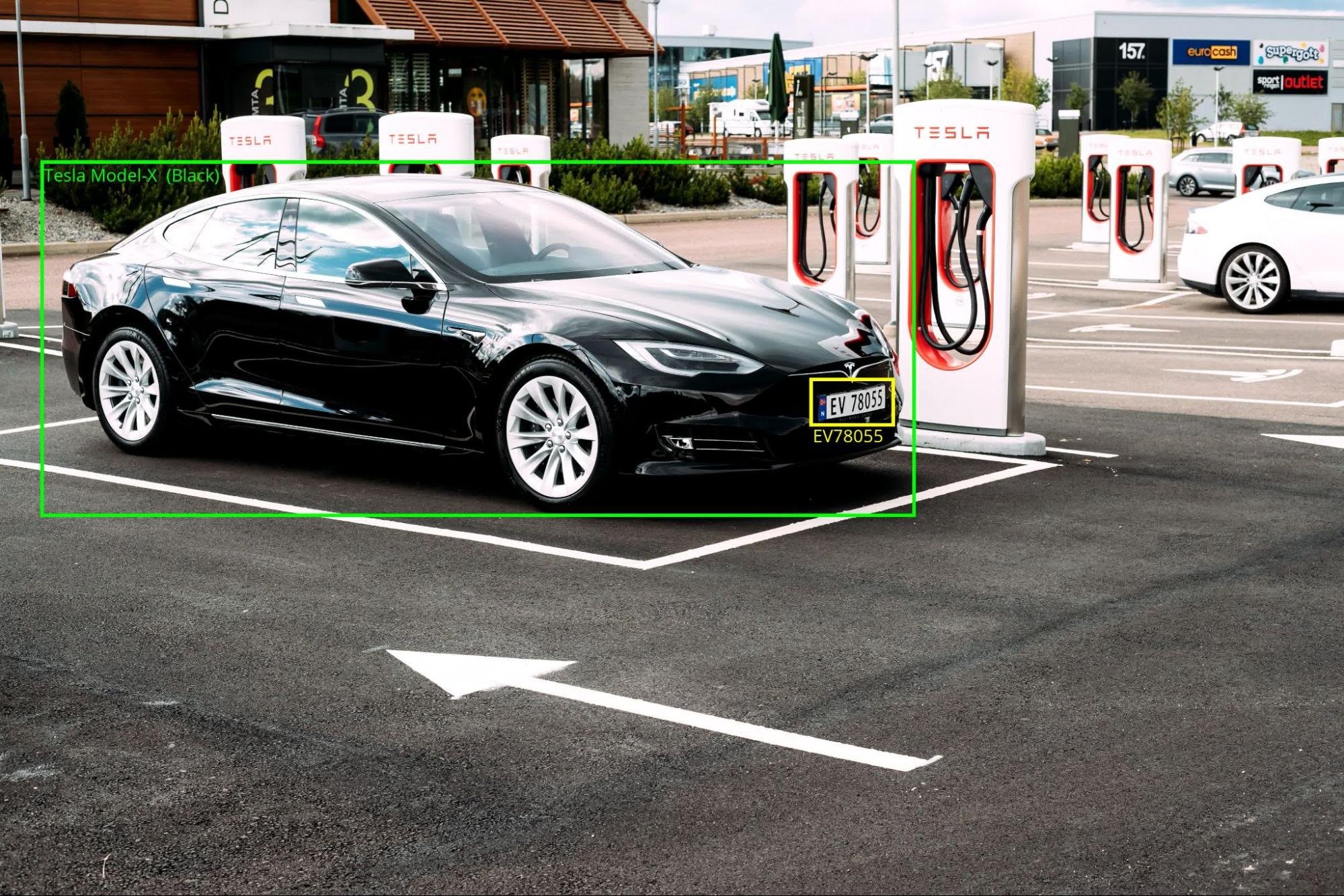Parking Management Needs for ALPR Today and Tomorrow
Parking management companies play an important role in ensuring that parking spaces are available for consumers, while also generating revenue. As the value of land and therefore parking lots increases, the challenge to turn a profit as a parking lot operator has become more challenging. Implementing technology has been a go-to solution to optimizing ticketing and fee collection as well as supporting security measures. Automated License Plate Recognition, or ALPR, is one such technology that is becoming standard practice in parking management systems.
The ability of automatic license plate readers to accurately and rapidly scan and process license plate information makes them an effective and dependable tool for tracking the amount of time vehicles spend in a parking lot. ALPR has revolutionized parking management by offering a range of capabilities that can improve efficiency, increase revenue, and enhance customer satisfaction.
Keep reading to learn more about ALPR, how it is used in parking management, and applications to look forward to in the future.
Learn More: What Is A Parking Management System?
What is ALPR?
Automated license plate recognition is a technology that uses cameras to take videos of vehicles, while providing data related to the vehicles that may include model, license plate characters, regional information, and more.
For parking management companies, ALPR systems are commonly used to automate processes, including identifying cars and their owners, tracking vehicle locations, and tracking the time vehicles spend in the facility. For ALPR software to work, parking facilities must have cameras installed in areas to capture the full facility footprint, but it must also be powerful enough to capture video for fast-moving vehicles and manage lighting variations. AI cameras like Sighthound’s DNN Camera are a great fit for parking lots to capture quality data.
How is ALPR Being Used in Parking Management?
ALPR can be used in various ways in parking management, including:
Automated Parking Enforcement
Automated parking enforcement is one of the most common uses for ALPR in parking management. Parking enforcement agents can more effectively enforce parking restrictions and lower the likelihood of human error by automating the process.
For example, ALPR provides the ability to automatically identify vehicles that have exceeded their permitted parking time or are parked in forbidden zones. It can also be used to issue tickets or alerts to drivers, which may help deter parking violations. Additionally, license plates can be used to identify parking offenders and send out fines for revenue generation.
Streamlined Parking Access
Parking access can be streamlined with ALPR technology. ALPR can be configured to automatically open gates or barriers when a recognized vehicle approaches. Particularly in congested parking lots, this may enhance traffic flow and shorten wait times. It can be used to direct cars to open parking spots, cutting down on the time it takes for drivers to find parking and enhancing the entire parking experience.
Data Collection
ALPR is also used for data collection purposes. It can collect data on parking occupancy rates, parking duration, and vehicle types. This information can provide valuable insights that can help optimize parking management, improve resource allocation, and enhance customer service. It can, for example, identify what time of day and in which areas more parking space is required. This data can also be used to improve profitability by adjusting pricing, offering several fee options, and making other changes that can increase revenue.
Sighthound ALPR+ Identifies More than Plate Characters
Security and Surveillance
ALPR can also be used for security and surveillance purposes by keeping track of all the cars that enter and leave a parking lot. This can help prevent crimes by monitoring vehicles that look suspicious or aren't supposed to be there.
ALPR can be a safety tool that gathers vehicle data in criminal investigations. For example, if a crime takes place in a parking lot, ALPR can assist law enforcement in locating the offender and identifying the car that was used in the crime. This layer of security can also bring comfort to parking lot employees and pedestrians that enter the space.
Integration With Other Technologies
ALPR technology may be integrated with other technologies to improve parking management or vehicle movement in public spaces. Data can be used to inform signage on the number of available parking spaces across multiple lots and bring awareness to congested areas and potential delays. It can also be linked to payment systems so drivers can automatically pay for parking fees to improve parker experience.
What Are the Challenges of ALPR in Parking Management?
ALPR technology also presents several challenges in parking management. These challenges include:
Privacy Concerns: Because ALPR collects personal information, such as license plate numbers, parking management companies must prioritize privacy concerns. It is essential to make sure that the implementation is in accordance with all the applicable laws and regulations. Stored LPR data can be managed securely by having license plates blurred before sharing with third parties. Sighthound Redactor has easy solutions for video or image redaction of license plates.
Maintenance Requirements: To guarantee reliable readings, ALPR systems have to be calibrated and maintained regularly. ALPR providers must be on top of the latest license plate designs or vehicle models to identify vehicle information. It is important to select a vendor that has control and commitment to keeping models updated. In addition to software, companies will need to maintain and support hardware needs.
Dependence on Technology: ALPR systems rely on technology, which can be vulnerable to technical issues or failures. This can result in disruptions to parking management operations.
Cost: The initial cost of deployment may be high, which may be a barrier for certain parking management operators. Business owners will have to evaluate return on investments against personnel time to manually facilitate parking lot operations. LPR technology costs include hardware, software, and ongoing maintenance for each.
How Will ALPR Be Used in the Future?
While automated license plate recognition technology is already being used in many ways, we can expect to see even more innovative applications in parking management as the technology continues to evolve.
Here’s how ALPR may be deployed in the future:
Monitor Electric Vehicle Charging Stations: Electric vehicles (EVs) are becoming more and more popular. Parking management is using ALPR systems to monitor EV charging stations and make sure they are being used effectively and to give insights on whether more stations could bring more revenue.
Marketing Insights: Another potential is to gather marketing insights about the people who use parking lots. They can get a better understanding of their customers and spend their marketing budget more effectively by identifying the make, model, and color of the cars in their parking lot. Some LPR technology providers like Sighthound offer additional insights like people detection and tracking which can provide additional consumer insights for an area.
Public Safety Initiatives: Data may be shared with third parties such as law enforcement or public safety agencies, or insurance companies. This could speed up investigations and make it easier for these parties to locate vehicles.
New Revenue Streams: Data on consumer behavior and parking patterns can be analyzed to identify new income streams, such as providing premium parking services like car detailing, auto repair, or valet.
Drive-Thru or Click To Collect: Parking lots and space control is vital for the ever-growing offering of drive-up or drive-thru order fulfillment. Lots next to quick service restaurants or retail shops can lease spaces for these offerings and support vehicle flow using LPR.
Greater Tracking Capabilities: Future applications may extend beyond cars to include other forms of transport, such as bicycles, or even people. For example, they could count how often people pass by vending machines or attached businesses to support investment in retail.
In conclusion, ALPR is a useful asset for parking management companies in the present, with exciting possibilities in the future. By leveraging ALPR data, parking management companies can optimize their operations, improve customer experiences, and generate more revenue.
Don’t get left behind. Level up your parking management with future-ready ALPR capabilities from Sighthound.




